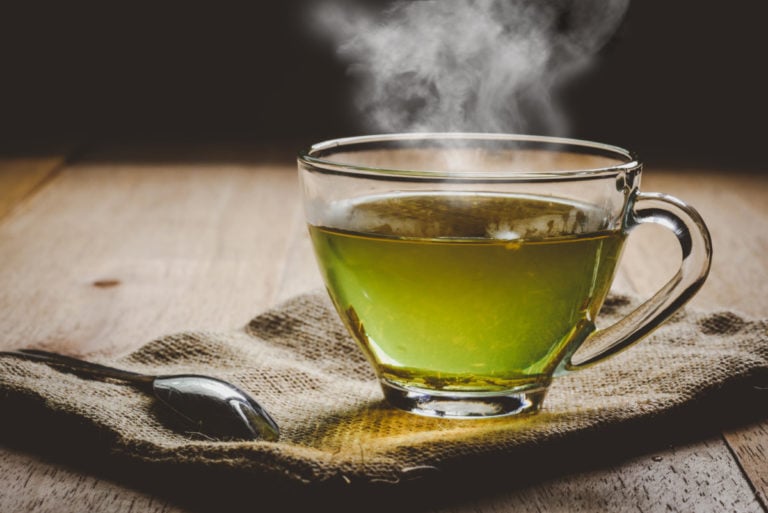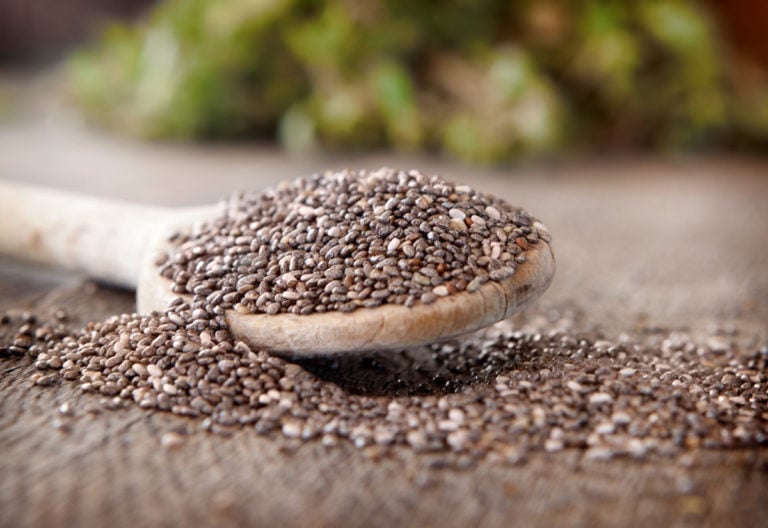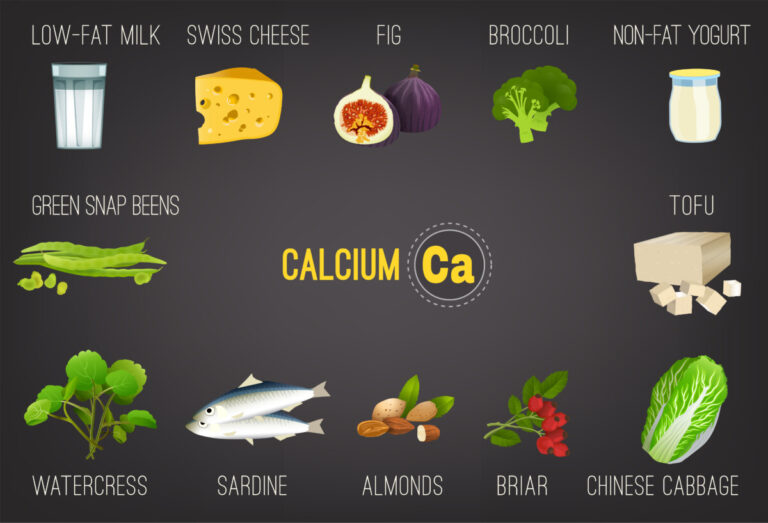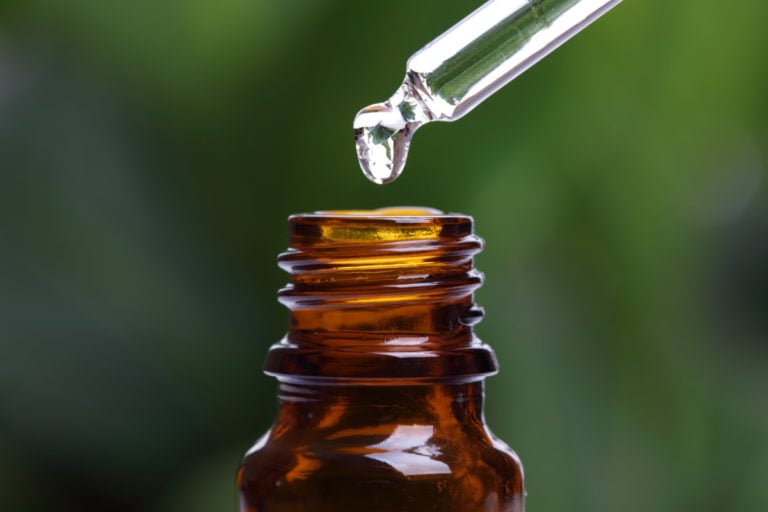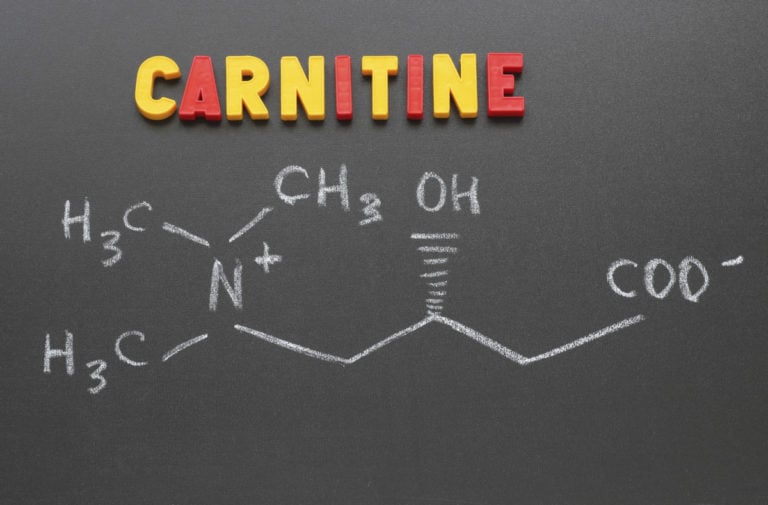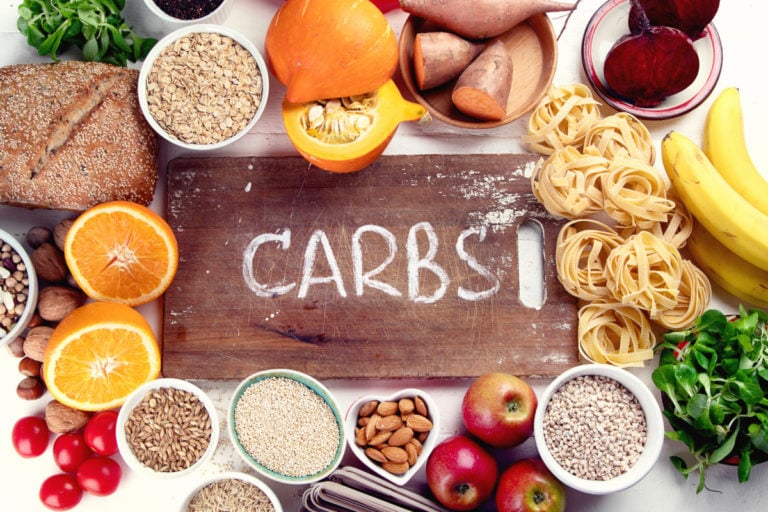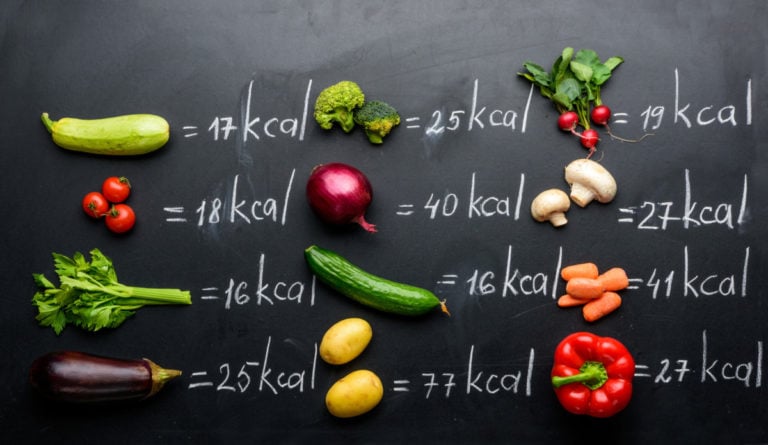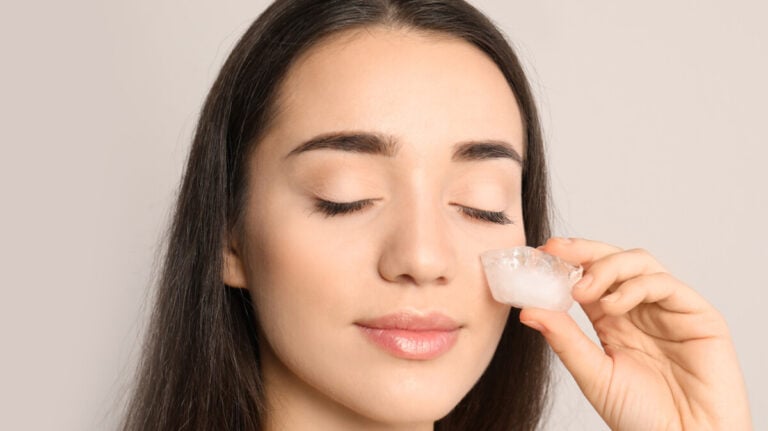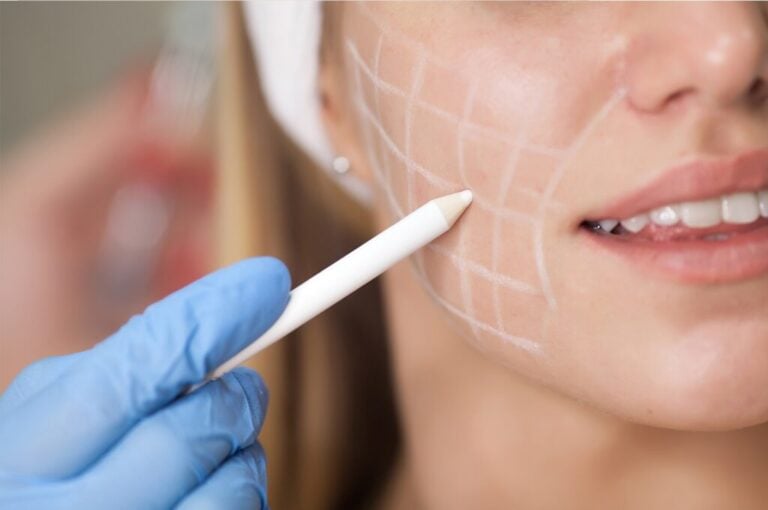Nutrition and food is not just fuel for the body and one of the ways to get away from problems. In ancient times, people noted that different foods in the diet contribute not only to changes from a physiological point of view, but also often affect a person’s mood.
The main aspect of food is that it can heal the body or slowly destroy it.
Proper nutrition consists of several principles:
Water balance in the body
Scientists have long proven that a person is “living water”, since the body consists of more than 60% of this fluid, and the activation of key life processes and the functioning of the body as a whole directly depends on water.

This important element helps to maintain a person in optimal condition in the presence of stress, including those caused by strong physical exertion – sports. The water balance is responsible for activating the processes of cleansing the body of toxins, which are more and more in urban life.
Water:
- Body temperature regulator;
- The main assistant in the assimilation of substances that nourish the body;
- Rejuvenates organs, etc.
Normalization of the drinking regime is the simplest step in the normalization of nutrition processes in general. There is no need to adhere to strict limits, for example, consume strictly 2 liters per day, the main thing is that the body feels saturated with water.
Eating habits
The second point in the process of changing eating habits to healthy ones is a complete review of the foods that are consumed in food. Junk food or fast food is a real garbage that clogs the body and interferes with its normal functioning. It is worth treating the body like a temple, and there is no place for junk food in it.
Completely eliminate from the diet:
- Sugar;
- Products other than whole grain flour;
- Snacks and bars;
- Sweet carbonated drinks;
- Chips and crackers;
- Semi-finished meat products;
- Fatty meats;
- Different types of sauces and ketchups;
- Alcohol and alcohol-containing products.
In general, all fried, sugar-containing and high-fat foods fall under a complete ban, this is due to the fact that they do not have vitamin and energy value for the body, their high calorie content only harms the organs, causes an increase in blood sugar levels and an increase in fat interlayers.
Artificially created saturation from these products provokes a person to continue to absorb food and feel hungry. Thus, it exceeds the number of calories, not only because of the composition of junk food, but also because of the amount eaten. An important step in losing weight will be the rejection of all of the above.
Composing a non-ballast ration
The diet should consist of products that contain the elements and nutrients necessary for a person – BJU – proteins, fats and carbohydrates, as well as a complex of minerals and various vitamins.

Attention! In this regard, various diets and fasting are harmful and even dangerous for a person, almost all doctors and experts in healthy nutrition talk about this.
The energy supply must be constant
The energy in the human body is constant and does not disappear, but only changes, so the main thing is to eat fewer kilocalories than you can burn through physical exertion and activity. If the goal of proper nutrition is not to reduce weight, but to gain and strengthen muscle mass.
It is important to understand that not everything is directly dependent only on calories, the hormonal background plays an equally important role, which is often disturbed by various sports supplements and sports nutrition.
Don’t skip high carb foods
Another human myth about proper nutrition and its basics is that carbohydrates are equivalent to fat. Doctors warn that carbohydrates are the fuel that starts energy metabolism and directly affect the emotional background. Their exclusion leads to stress and the body does its best to avoid the loss of important resources that were previously accumulated in it, thus the process of losing weight goes to zero.

In addition to this fact, you need to remember that carbohydrates are a kind of stop signal about saturation and they limit the feeling of hunger. At the same time, it is worth distinguishing between simple and complex carbohydrates. It is simple carbohydrates that lead to weight gain and high blood sugar. So, simple carbohydrates break off into fat and make you feel hungry again.
Complex carbohydrates are a problem for the body, they are difficult to break down and help to feel full for a long period of time. So the main complex carbohydrates that can make up the basic diet include:
- Legumes such as lentils, peas, chickpeas, etc.;
- Rice brown;
- Wholemeal pasta, etc.
It is less worth consuming foods such as polished rice, honey and dried fruits.
Don’t split your meals too much
The average number of doses is 3-4 times throughout the day – this is true for losing weight people, if you want to build muscle, you need to follow a diet of 5 visits. At the same time, you can eat when the body wants it, but not in the hours before going to bed.


